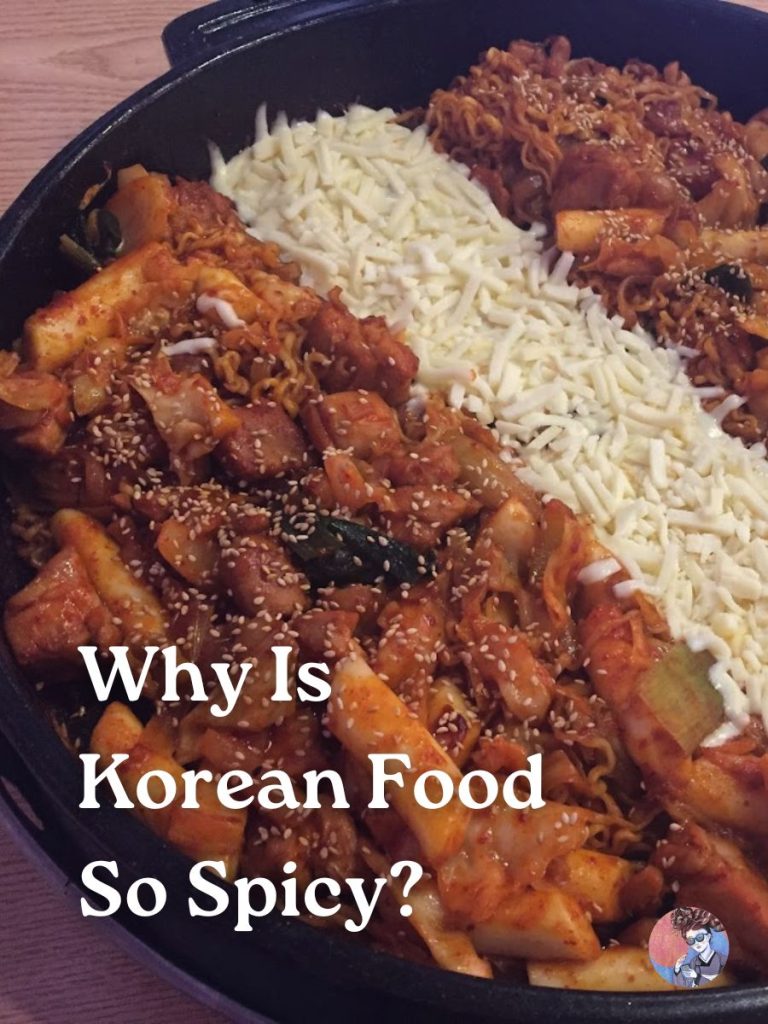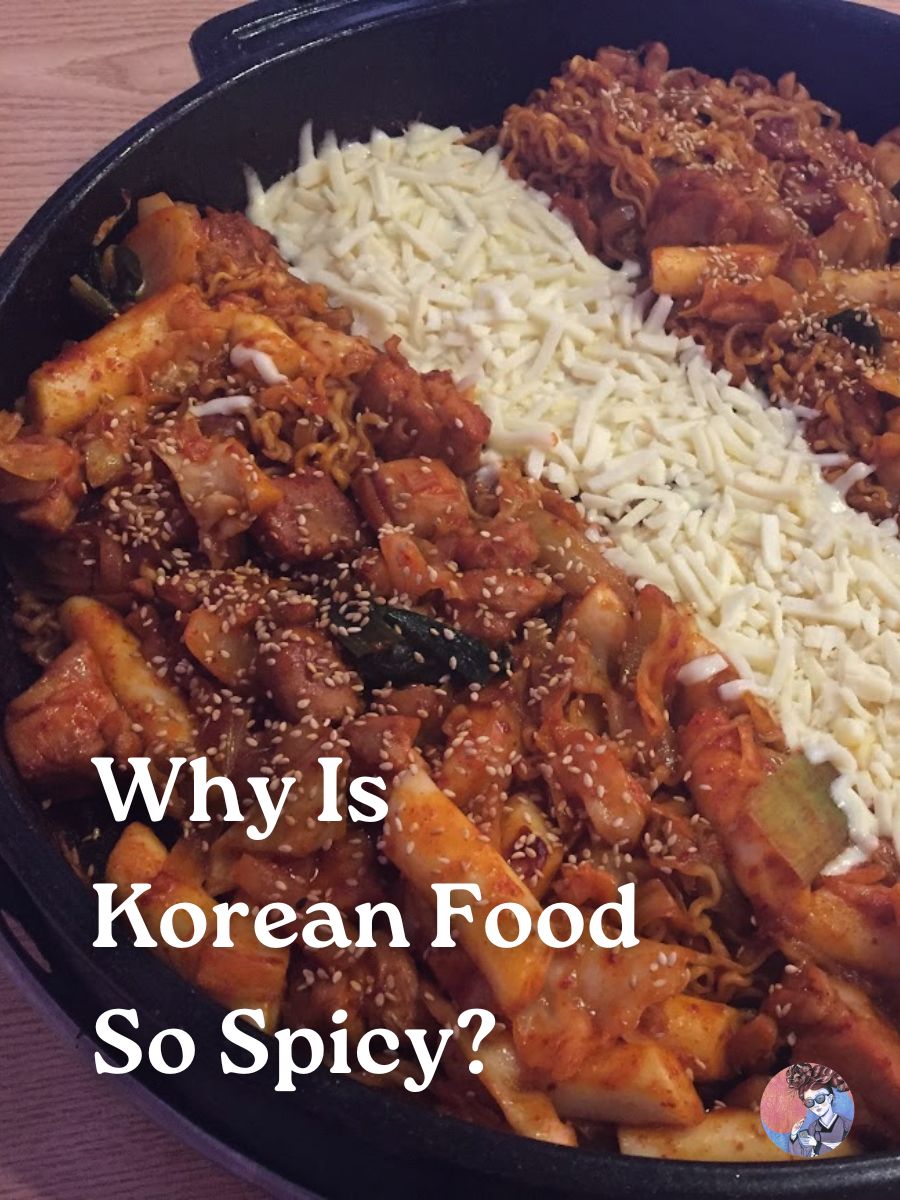
Korean food is notorious for being spicy.
Would you believe me if I told you it is actually the spiciest now than ever?
Here’s why Korean food is so spicy!
Quick Summary
- Chili peppers arrived in the late 16th century but took off in the mid-20th century in South Korea.
- Koreans eat spicy food to cope with stress from the war, poverty, and rapid modernization as a temporary escape from life’s hardships.
- In the 2010s, life continued to be stressful, and Korean spicy food shifted from being enjoyable to simply causing pain.
- Now many Koreans have “Maebbushim” (pride in their ability to handle extreme spiciness).
When Did Koreans Start Eating Chili Pepper?
Chili peppers were known to be brought to Korea from Japan in the late 16th century.
But it’s still unclear when and where it came from according to the Health Kyunghyang article, “When Did the ‘Red Pepper’ That Is Always Included in Kimchi Come to Korea?” written by Dr. Dong-ha Han, Doctor of Oriental Medicine.
Yet it wasn’t until the mid-20th century that chili peppers really took off.
How Did Spicy Food Evolve in South Korea?
The spiciness of Korean food increased due to the stress experienced during and after the Korean War.
According to a 2009 thesis by Ahn Jeong-yoon, a researcher at the National Folk Museum of Korea, titled “A Historical and Folkloric Theory on the Spicy Flavor of Chili Peppers – Why Is Korean Society Crazy About the Spicy Flavor of Chili Peppers?“, the surge in stress from the war, poverty, and rapid modernization led to spicy food.
Since eating spicy food releases endorphins, which act like natural painkillers, Koreans found a temporary escape from life’s hardships this way.
Also, the country shifted from an agrarian to an industrial society during the 1960s to 1980s, so the changing lifestyles increased stress levels even more.
That’s how Koreans invented spicy dishes like Shindang-dong Tteokbokki in 1953 and Mugyo-Dong Spicy Stir-Fried Octopus in the 1960s.
Why Do Koreans Eat Extremely Spicy Food?
Lee Moon-won, a pop culture critic at Monthly Chosun, wrote an article, “Why Korea Became a Spicy Powerhouse.”
According to Lee, the late 1990s Asian Financial Crisis (1997 IMF Crisis) triggered another wave of stress, leading to even spicier food trends.
Buldak (fire chicken), which is the motif of Buldak Bokkeum Myeon, appeared in the late 1990s.
And sadly, life didn’t get easier here.
Koreans continued to seek stronger and spicier flavors to cope with ongoing societal pressures.
In the 2010s, Korean spicy food shifted from being enjoyable to simply causing pain.
I love Dakgalbi (spicy grilled chicken), but now the flavor seems to focus solely on extreme heat.
This trend made dishes lose their balance and complexity in flavor, shifting toward overwhelming spiciness rather than enhancing the culinary experience.
Do All Koreans Eat Spicy Food?
No, I can’t eat spicy food and I’m not the only one.
There’s even a Korean slang for people like me, Maebjjiri (someone who can’t eat spicy food)!
Now that Korean food is spicier than ever, I have to introduce myself as a Maebjjiri whenever I’m at a Korean restaurant.
They either try to make it milder for me or give me a side-eye. I’ll still take that chance!
On the other hand, some people have Maebbushim (pride in their ability to handle extreme spiciness).
They brag as a capsaicinophile.
What Are Some Korean Vocabularies for Spicy-Flavor?
In general, Koreans prefer more complex flavors such as the sweet spiciness of gochujang, the refreshing heat from seafood, or the umami-rich spiciness found in meat dishes.
This diversity is shown in Korean words meaning different types of spiciness:
- maekomhada: pleasantly spicy or swicy (sweet-spicy)
- eolkeunhada: richly spicy with a numbing sensation
- shiwonhada: refreshingly and soothingly spicy
Conclusion
The intense spiciness of Korean food is not just a culinary preference but a response to historical and social challenges.
Korean spicy food works as a quick stress relief, but keep it to a healthy level to avoid upset stomach!

